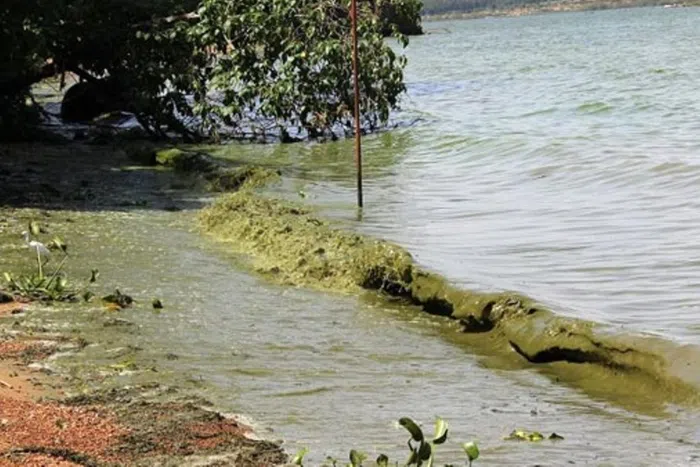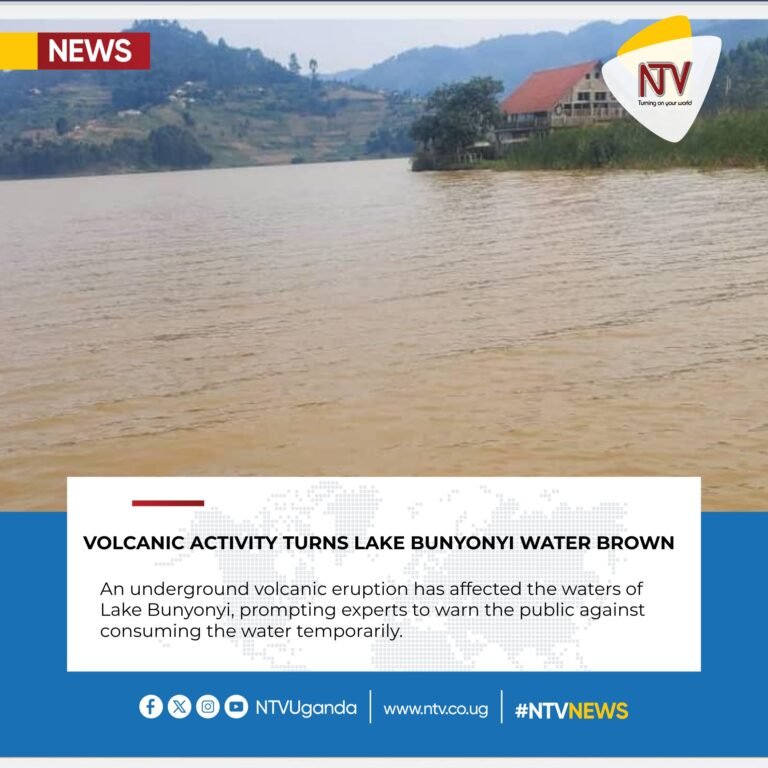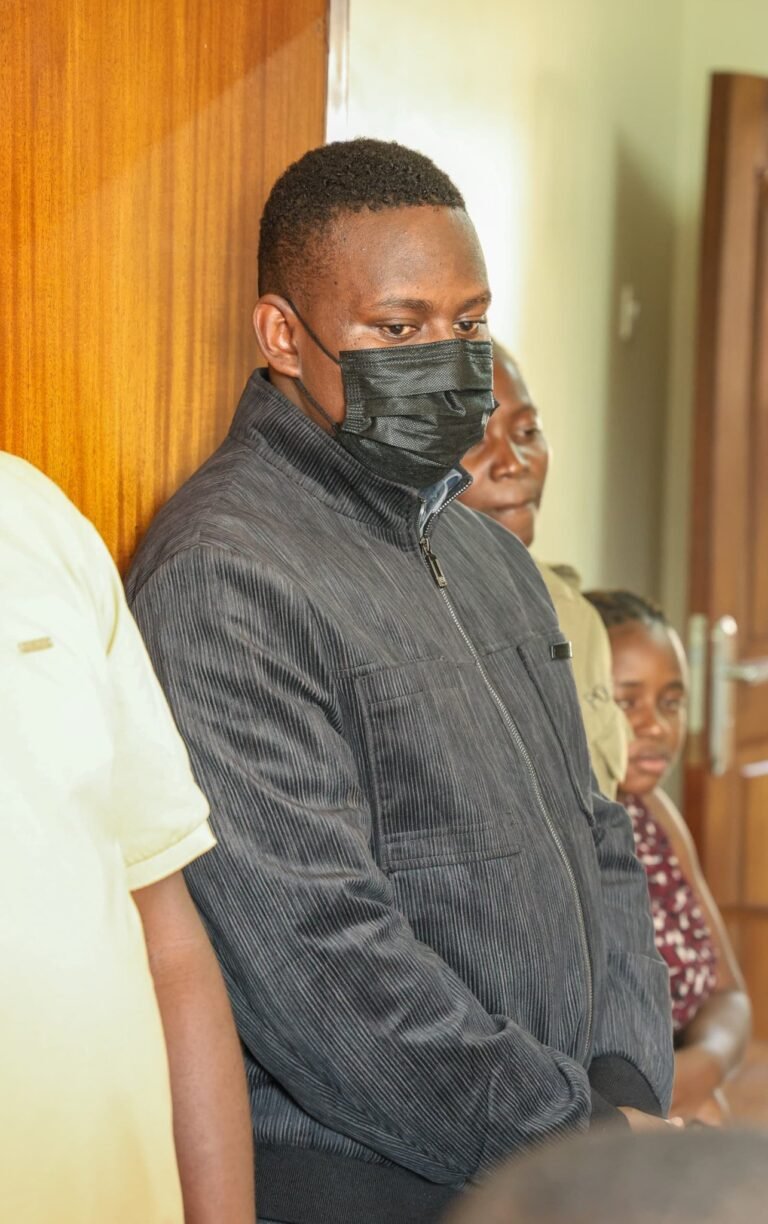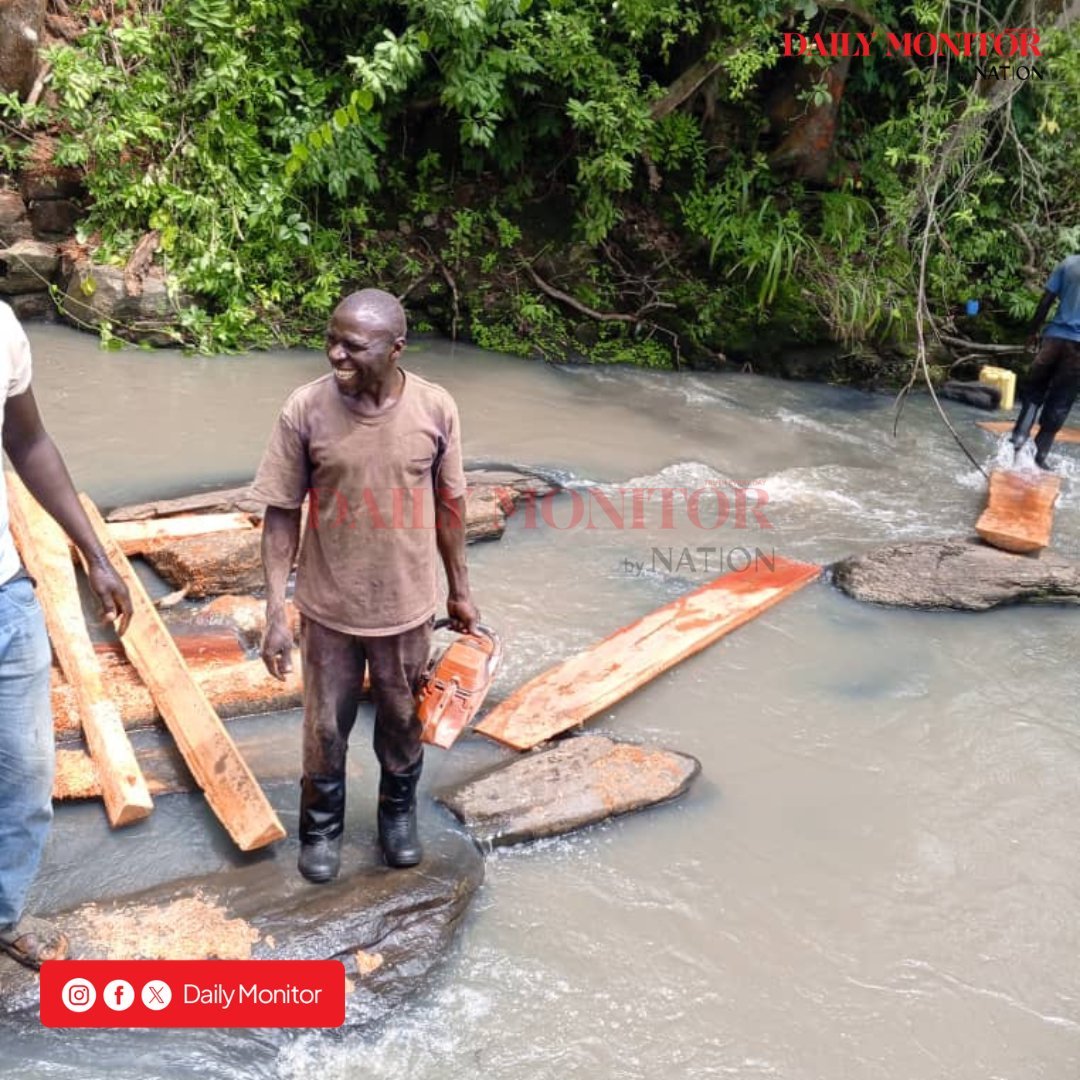
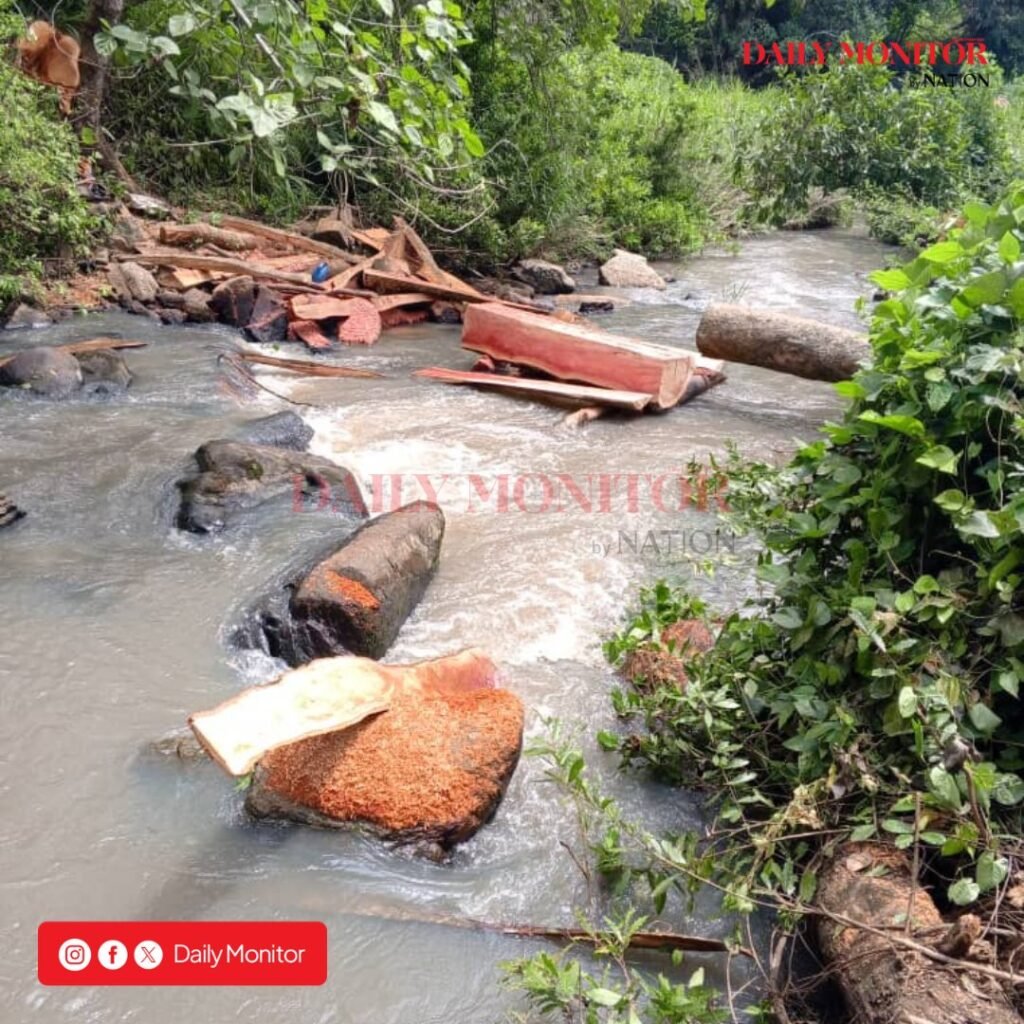
ADJUMANI, UGANDA – Despite concerted government initiatives to combat deforestation, illegal logging continues to ravage the Zoka Central Forest Reserve in Adjumani District. Shockingly, a local forest guard has alleged that this destructive activity is being actively protected by elements within the Uganda People’s Defence Forces (UPDF).
The guard, who spoke on condition of anonymity citing fear of reprisal, reported witnessing persistent illegal timber harvesting deep within the reserve. “The loggers are still coming, cutting valuable trees day and night,” the guard stated. “But the most disturbing part is that they seem untouchable. We believe some UPDF officers deployed in the area are providing them protection, allowing them to operate with impunity.”
Zoka Central Forest Reserve is a vital tropical forest ecosystem in Northern Uganda, crucial for biodiversity conservation, water catchment, and climate regulation. The National Forestry Authority (NFA) and the Ugandan government have repeatedly launched operations and pledged increased protection for the country’s dwindling forest reserves, including Zoka. These efforts often involve joint operations with security forces like the UPDF to evict encroachers and apprehend illegal loggers.
However, the allegation of UPDF complicity paints a grim picture of the challenges faced on the ground. If true, it suggests a significant breach of the very forces tasked with safeguarding the reserve, undermining conservation efforts and enabling environmental crime.
“The government sends directives, the NFA tries to enforce, but when the protectors become part of the problem, what hope is there?” the forest guard lamented. “These officers are allegedly receiving bribes to look the other way or even actively intimidate forest guards and NFA officials attempting to intercept the illegal timber.”
The persistent deforestation in Zoka exacerbates soil erosion, threatens wildlife habitats, and diminishes the forest’s critical role in mitigating climate change impacts locally and regionally. Uganda has lost significant forest cover in recent decades, and protected reserves like Zoka are frontline battlegrounds in the fight against this loss.
When contacted for comment regarding the specific allegations against its officers, the UPDF spokesperson had not responded by the time of publication. The NFA acknowledged ongoing challenges in Zoka but declined to comment directly on the allegations involving UPDF personnel, stating only that “all reports of illegal activity and collusion are investigated thoroughly.”
Local environmental activists expressed outrage but not surprise. “This mirrors a pattern we see elsewhere,” said one activist from Adjumani. “Powerful actors, sometimes with connections to security, are profiting from the destruction of our natural heritage. Until there is real accountability, even at high levels, the chainsaws will keep roaring in Zoka.”
The allegations cast a long shadow over Uganda’s forest protection efforts, raising urgent questions about oversight, corruption, and the effectiveness of deploying military personnel in conservation zones when accountability mechanisms may be weak. The future of Zoka Central Forest Reserve hangs in the balance as the government faces calls to investigate these serious accusations and dismantle the alleged protection racket enabling its destruction.

